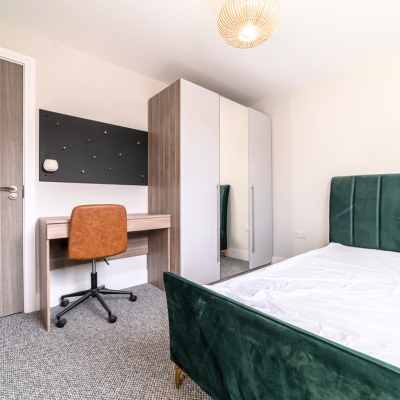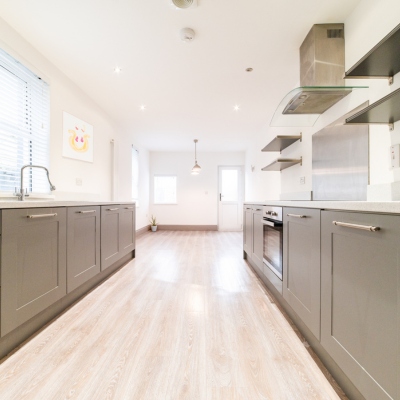Step 1
Narrowing your search
Before you even book your first viewing, consider the following:
- Where you want to live. We get a lot of people tell us they’d be “happy to live anywhere in Cardiff”, but in reality, only a few areas are going to be practical for that person’s personal circumstances. Most people need to be somewhere at a specific time – whether that be work, university or close to their child’s school – so consider the distance you’ll need to travel, how you’re getting there and at what time of the day. If you’re commuting during rush hour, then unless you’re happy to leave home early and/or arrive home late, you’re probably going to want to be somewhere relatively close by. If you’re travelling by public transport, consider the bus or train options available to you.
- How much you can afford to spend on your rent and bills. Unless stated otherwise, the asking prices on properties we advertise are ‘rent only’ figures, so you’ll need to factor in how much council tax, utilities (gas, electricity & water), internet and TV licence will be on top. Council tax is an easy one to find out (once you know the band, check it on Cardiff Council’s website), but gas and electricity will vary depending on the supplier and tariff you sign up to, and how much you use. We’d advise doing your own research on how much energy a household like yours typically uses in Kilowatt-hours (kWh), which you can then use when comparing available tariffs. Welsh Water supplies the whole of Cardiff, so you’ll definitely be with them for your water.
- Your suitability as a contract-holder (tenant). On behalf of the landlord of the property, we must carry out background checks on all contract-holders aged 18+. We’ve included more detail on this ‘vetting process’ below, but in order to avoid disappointment further down the line, it’s important you know now that we carry out a credit check and write out to current employers & current/former landlords for references. If anything adverse comes back, e.g. a County Court Judgement (CCJ) or a history of rent arrears, it’s unlikely that your application will be successful. Similarly, landlords want to see stability in employment (and thus affordability), so temporary or part-time contracts may not be acceptable to them. Don’t worry: we’ll always ask you these ‘qualification questions’ before viewing with you, as we wouldn’t want to waste your time showing you a property that you won’t be able to rent.










